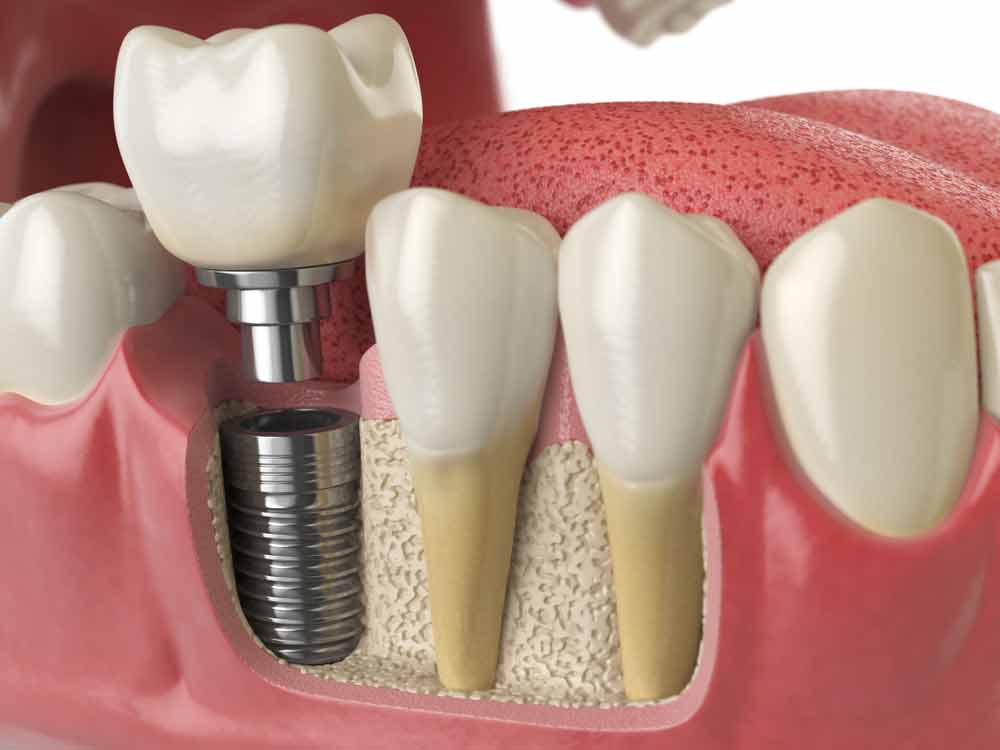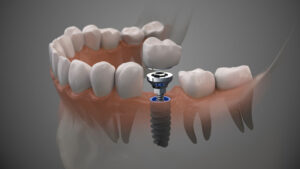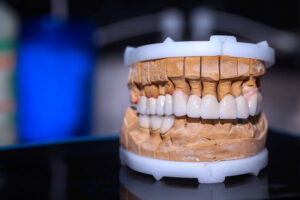If your implant dentist has told you that you’ll need bone grafting before you can qualify for dental implants, you’re not alone. This is a common first step in your treatment process and, with successful results, can properly prepare your mouth for a permanent new smile with dental implants! However, just like any surgery, there are risks involved, though they can be reduced if you follow these four steps to a successful bone grafting treatment:
- Find an experienced dentist.
Not all dentists are qualified to complete bone grafting treatments, especially if significant bone loss has occurred because of missing teeth or gum disease. Trust your care to a trained dentist or a dental specialist like a periodontist or oral surgeon who completes these procedures on a routine basis. A dentist that focuses on dental implants will most likely have the experience you need for successful bone grafting treatment. - Follow all pre–operative guidelines.
Your dentist will provide you with a list of pre-operative instructions beginning days or even weeks before your scheduled surgery. These instructions are designed to provide the optimal setting for your procedure to avoid complications during surgery. Following these guidelines will also ensure you are in proper health and your body is prepared for your bone grafting procedure. - Relax on your day of surgery.
While it’s normal to feel nervous about your procedure, remaining in a positive and calm state at your appointment can help you experience a better surgery. Your dentist will provide sedation to ensure your surgery is comfortable and pain-free. - Stick to your post-op instructions.
Just like your pre-op instructions, the instructions your dentist provides you after your surgery are important to follow. These will include a list of do’s and don’ts as well as how to take any pain medication, all steps that help ensure a successful recovery. Post-op instructions also include a list of complications that can occur that you should be aware of.
Schedule your appointment
Bone grafting, like all surgery, comes with a minimal level of risk, but in the hands of an experienced dentist, it will go smoothly. Schedule a consultation with our local dentist to begin treatment today.





